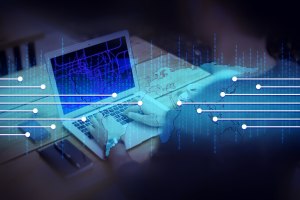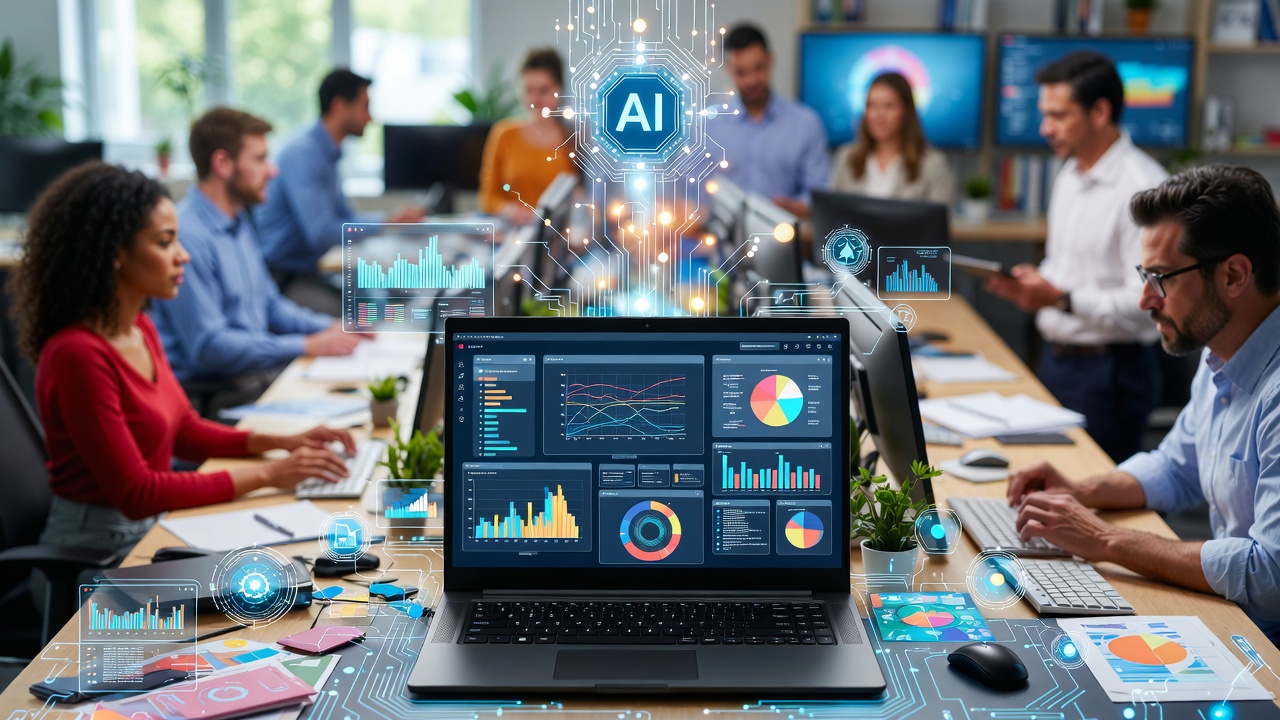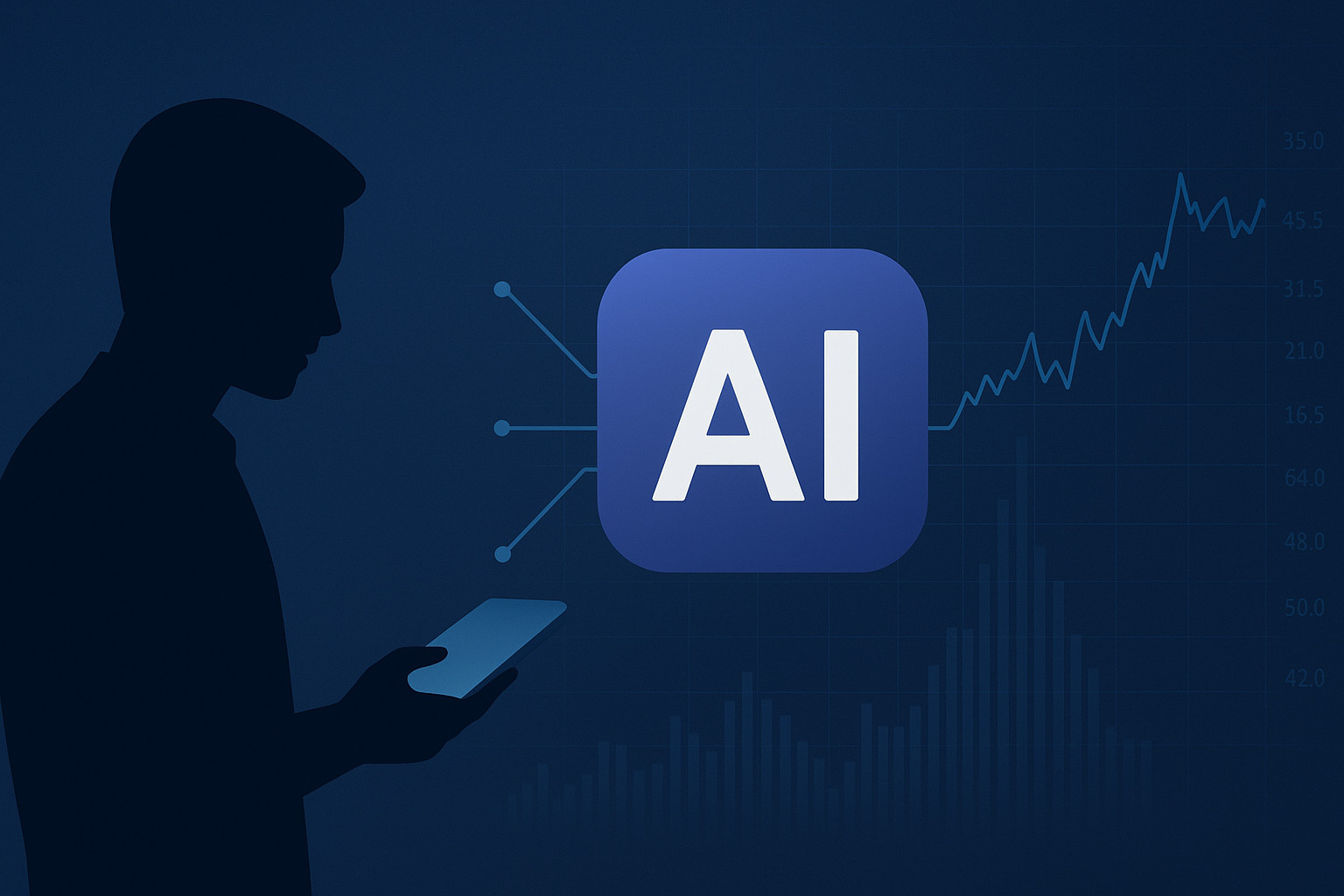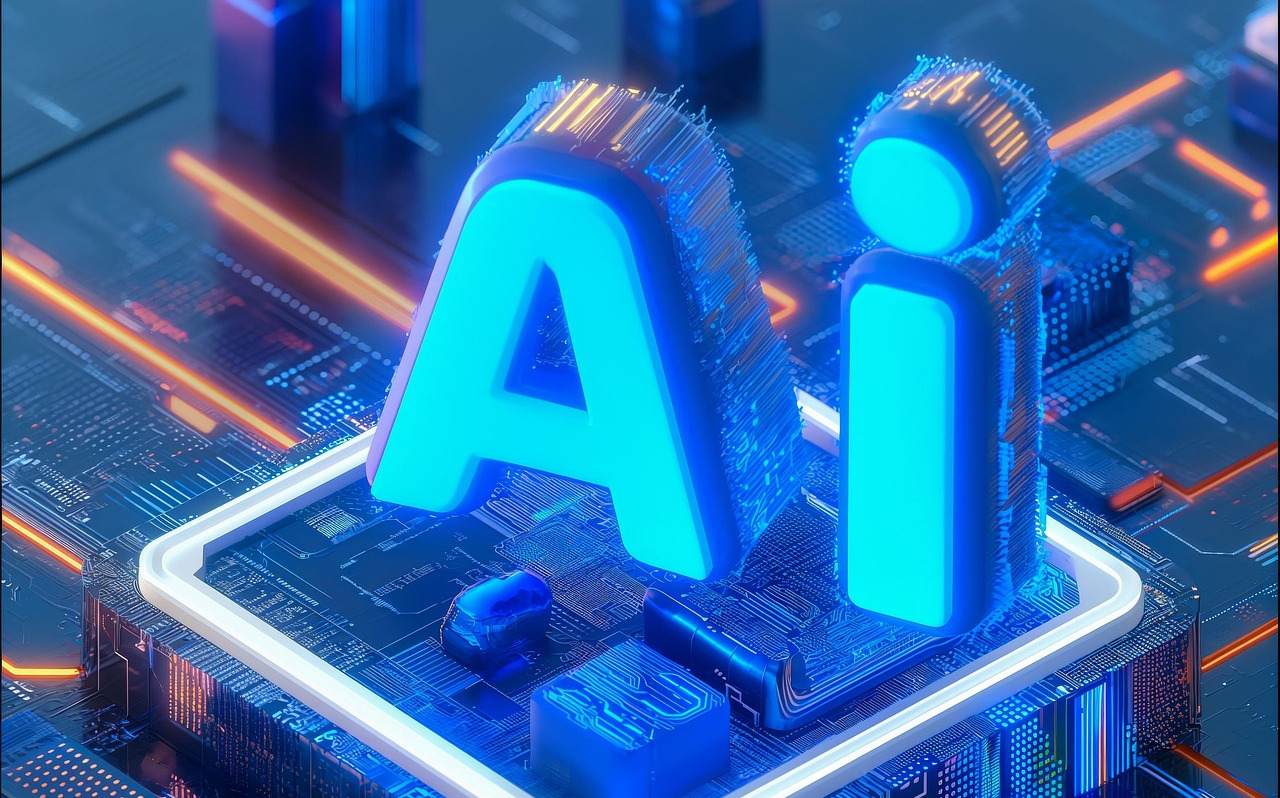Artificial Intelligence (AI) has seen remarkable growth in the past decade, and as we step into 2025, the technology is poised to revolutionize industries even further. From personalized healthcare to autonomous vehicles, AI is set to impact almost every facet of human life. Here’s a look at how AI is expected to evolve and shape the future this year.
Table of Contents
1. AI in Healthcare
The healthcare industry will witness significant advancements through AI-powered diagnostics and treatment plans. By leveraging large datasets and machine learning algorithms, AI will:
- Enhance diagnostics: Tools like deep learning will help radiologists detect anomalies in medical images more accurately, leading to early diagnosis of conditions like cancer.
- Enable personalized medicine: AI algorithms will analyze genetic and medical data to create tailored treatment plans for individual patients.
- Improve robotic surgeries: Surgical robots, guided by AI, will offer greater precision and reduced recovery times for patients.
Example: AI-powered wearable devices will monitor chronic conditions, providing real-time alerts to doctors and patients.
2. Autonomous Vehicles and Smart Transportation
Self-driving technology will become more refined and widely adopted. In 2025, expect:
- Autonomous taxis and buses: Major cities will pilot fleets of AI-driven public transport vehicles, reducing traffic congestion and emissions.
- Enhanced safety systems: AI will improve vehicle safety by predicting accidents before they happen using real-time data from sensors and cameras.
- Smart traffic management: AI will optimize traffic flow in urban areas, integrating data from vehicles, infrastructure, and weather forecasts.
Example: Companies like Tesla and Waymo will lead the charge in making Level 4 and Level 5 autonomous vehicles commercially viable.
3. AI in Education
The education sector will benefit from AI-driven personalized learning experiences. Some key trends include:
- Adaptive learning platforms: AI will tailor lessons to the needs of each student, identifying strengths and areas for improvement.
- Virtual tutors: AI chatbots will provide instant support for students, making learning more accessible.
- Content creation: Teachers will rely on AI tools to create engaging and diverse educational materials, saving time for direct student interaction.
Example: Platforms like Duolingo will use AI to further customize language-learning pathways based on user performance.
4. AI in the Workplace
AI will continue to transform how businesses operate, focusing on efficiency and innovation. In 2025, expect:
- AI co-workers: Virtual assistants like ChatGPT and DALL-E will take on creative and analytical tasks, complementing human capabilities.
- Streamlined recruitment: AI algorithms will match candidates to roles more effectively by analyzing resumes, interviews, and skill sets.
- Predictive analytics: Businesses will leverage AI to anticipate market trends and customer behavior, enabling better decision-making.
Example: Companies will use generative AI to design marketing campaigns, product prototypes, and user interfaces rapidly.
5. Ethics and Regulation in AI
As AI becomes more integrated into daily life, the importance of ethics and regulation will grow. Key developments include:
- Bias reduction: Efforts to eliminate algorithmic bias will intensify, ensuring fair treatment across demographics.
- Data privacy: Governments will implement stricter AI-related data protection laws, ensuring user information is securely handled.
- Transparency: Companies will face increased pressure to explain how their AI models work and make decisions.
Example: Frameworks like the EU’s AI Act will set global standards for responsible AI development and deployment.
6. Generative AI’s Creative Potential
Generative AI will become a dominant force in creativity, enabling the creation of art, music, and literature. In 2025, we’ll see:
- AI-generated content: From movie scripts to paintings, generative AI will expand the boundaries of artistic expression.
- Collaborative tools: Musicians and writers will use AI to brainstorm ideas and refine their work.
- Virtual worlds: AI will play a key role in creating immersive virtual environments for gaming and the metaverse.
Example: Tools like MidJourney and ChatGPT will empower creators to produce high-quality content faster than ever before.
The growth of AI in 2025 promises a future of unprecedented innovation and efficiency. While the technology brings immense potential, it also raises critical questions about ethics, accessibility, and societal impact. By addressing these challenges responsibly, we can harness AI’s power to create a smarter, more equitable world. As industries continue to adopt AI, staying informed and adaptable will be key to thriving in this transformative era.
Top Free AI Tools in 2026
In the fast-evolving world of artificial intelligence, 2026 has brought a wave of innovative tools t…
How AI Can Help You with Online Trading in 2025
The Rise of AI in Online Trading The world of online trading has changed dramatically over the past …
What are the main differences between Grok and ChatGPT?
Here’s a concise breakdown of the main differences between me and ChatGPT, based on available …




